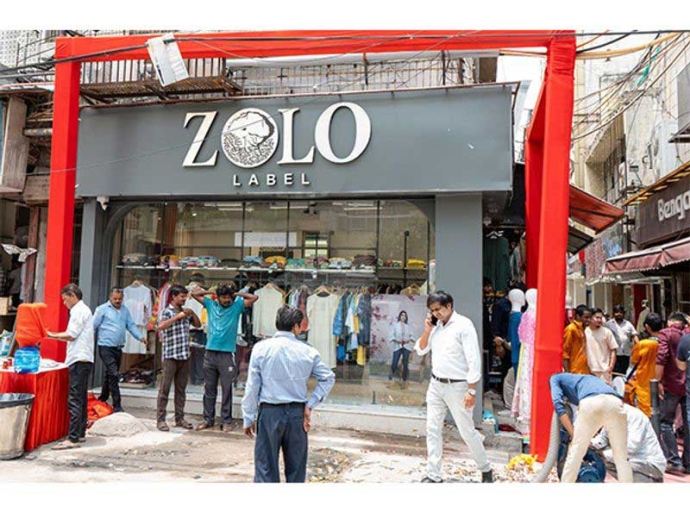Industry associations including the US-India Strategic Partnership Forum (USISPF), The Internet and Mobile Association of India (IAMAI) and IndiaTech have sought certain revisions in India’s draft e-commerce rules. The clauses that USISPF seeks to revise include those seeking to include related parties and logistics service providers within the definition of an ecommerce entity, ban flash sales and mandate the listing of local alternatives while selling imported goods or services.
The draft proposals were first announced in June triggering immediate reaction with online platforms, brands and select sellers criticising it. Terming the mandate to classify goods and services based on the country-of-origin and, for online marketplaces to offer locally made alternatives to consumers at pre-purchase stage as "onerous", the USISPF said it would lead to increased costs and impede innovation ‘without a clear policy justification, since it is not apparent why consumers would require such a filter mechanism’. It sought the retention of the current framework without further changes.
Susan Ritchie, Vice President-Trade and Technology Policy, USISPF says the forum supports consumer protections for brick-and-mortar and digital sales channels alike and such protections should apply regardless of where or how purchases are made.
IAMAI highlighted concerns over policy changes that do not provide a level-playing field between online and offline retailers. It noted that the amendments fail to recognize the different ecommerce models such as inventory/marketplace. It also strongly objected to the attempt to ban online flash sales, arguing that such a move would be anti-consumer and, if at all mandated, should be applicable to both online and offline retailers.
IndiaTech sought more clarity on applicability of these proposed rules. It demanded an exemption of services, such as cab-hailing, travel, gaming and insurance from the ambit of these proposed amendments.
Latest Publications

































